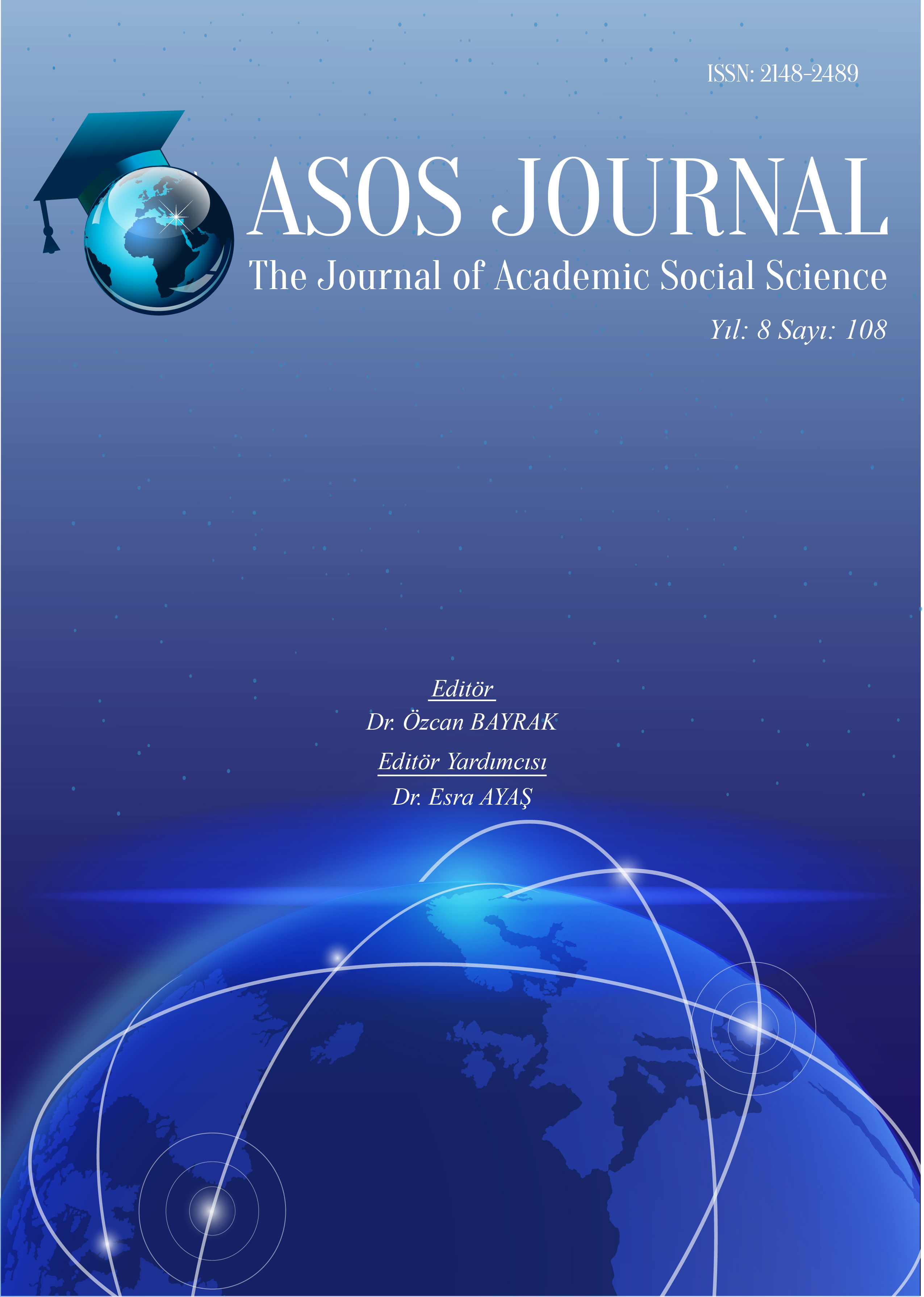Author :
Abstract
Felsefe tarihinde tartışmayı sürdüren ikili karşıtlıklardan biri de soru ve cevabın diyalektiğidir. Bir düşünürün ortaya attığı soruya verilen cevaplarla doğan bir gelenek, sorunun şekillenişi ve cevabın değişikliği ile devem etmek¬tedir. Felsefe tarihine “İlk Hoca” olarak bilinen Aristoteles’in sorduğu bir sorunun 13. ve 20. yüzyıllarda nasıl ele alındığı da bu bağlamda değerlendirilebilir: Aristo’nun varlığa ilişkin sorularına yanıt getiren Duns Scotus ve Duns Scotus’un geliştirdiği kavramla yeni bir felsefe yapan Gilles Deleuze: "Haecceitas" sorunsalı, bir soru, bu soruya verilen ce¬vap ve bu sorunun scholia olarak ele alınabilir. Bu çalışmada Aristoteles’in sorunsalı nasıl geliştirdiğine yer verilecek; ardından bu sorunun Duns Scotus düşüncesinde nasıl yer aldığı ele alındıktan sonra, Gilles Deleuze’ün haecceitas kavramını işleyişi gösterilecektir.
Keywords
Abstract
One of the binary oppositions in the history of philosophy is the dialectic of the question and the answer. A tradition which is born by the question, asked by a philosopher, continues through the moulding of the question and change in the answer. A question asked by Aristotle a.k.a the “First Teacher” and how it is taken in 13th and 20th centuries can be evaluated in this manner: Duns Scotus, who responses the questions of Aristotle on being and Gilles Deleuze, who philosophises via the concepts of Duns Scotus: “Haecceitas” can be taken as a question and a response to this question and the scholia of the question. In this work, firstly how Aristotle developed the problematics will be demonstrated and then how it takes place in the thought of Duns Scotus and finally how Gilles Deleuze covered the term haecceitas will be taken.
Keywords
- Aristoteles. (1960). Posterior Analytics. Topica (H. Tredennick & E. B. Forster, Trans.). Cambridge: Harvard University Press.
- Bettoni, E., & Bonansea, B. (1961). Duns Scotus: The Basic Principles of His Philosophy. Washington DC: Catholic University of America Press.
- Cross, R. (1999). Duns Scotus. New York: Oxford University Press
- Deleuze, G. (2004). Desert Islands: And Other Texts, 1953--1974.
- Deleuze, G., & Guattari, F. (1987). A Thousand Plateaus (B. Massumi, Trans.). Minneapolis: University of Minnesota Press.
- Flaxman, G. (2012 ). Platon (Ö. Karakaş, Trans.). In G. Jones (Ed.), Deleuze'ün Felsefi Mirası (pp. 19-39). İstanbul: Otonom Yayıncılık.
- Gilson, E. (2007). Ortaçağda Felsefe (A. Meral, Trans.). İstanbul: Kabalcı Yayınevi.
- Holland, E. W. (2013). Deleuze and Guattari's' A Thousand Plateaus': A Reader's Guide. ABD: A&C Black.
- Vos, A. (2006). Philosophy of John Duns Scotus: Edinburgh University press.
- Widder, N. (2012). John Duns Scotus (Ö. Karakaş, Trans.). In G. Jones (Ed.), Deleuze'ün Felsefi Mirası (pp. 40-59). İstanbul: Otonom Yayıncılık.





